Add to Wishlist
Agricultural Marketing And Economics Support
Publisher: Alexis Press LLC
$135.00
ISBN 13: 979-8-89143-202-4
YEAR: 2024
eBOOK
Instant Delivery
SKU:
ALX-AG-202-4
Category:
Agriculture
Additional information
| Access Type | Download eBook, Read Only |
|---|
Be the first to review “Agricultural Marketing And Economics Support” Cancel reply
You must be logged in to post a review.
Purchase now to read the book online.
Select optionsRelated products
Agriculture In Society
By Noel Frye
$135.00
Agrarian societies are dependent upon agriculture and have been around for more than 5,000 years. Imagine a society of farmers and you'll have a pretty good idea of what an agrarian society is all about. An agrarian society is a society whose economy and wealth are primarily based upon agriculture. Agrarian societies have been around for at least five thousand years. In fact, they still exist today. Nearly every civilization has spent some time as an agrarian society. The ancient Egyptian, Indian, Chinese, and Mayan societies were agrarian. Today, the poorest of the lesser-developed countries are pretty much agrarian societies.
Agriculture In Society
By Noel Frye
$135.00
Agrarian societies are dependent upon agriculture and have been around for more than 5,000 years. Imagine a society of farmers and you'll have a pretty good idea of what an agrarian society is all about. An agrarian society is a society whose economy and wealth are primarily based upon agriculture. Agrarian societies have been around for at least five thousand years. In fact, they still exist today. Nearly every civilization has spent some time as an agrarian society. The ancient Egyptian, Indian, Chinese, and Mayan societies were agrarian. Today, the poorest of the lesser-developed countries are pretty much agrarian societies.
Agrarianism
By Ash Mcintosh
$135.00
Agrarianism, in social and political philosophy, perspective that stresses the primacy of family farming, widespread property ownership, and political decentralization. Agrarian ideas are typically justified in terms of how they serve to cultivatemoral character and to develop a full and responsible person. Many proponents of agrarianism revere nature (whether understood as natural phenomena or as God’s creation), respect tradition and experience, distrust ideology, and regard science and technology with skepticism. Proponents of agrarianism believe that when individuals attach themselves to farming and a rural way of life, the required labour enhances their existence. Family and locale are rooted, allowing stable associations to develop that enable people to experience, in a nonacquisitive way, the goods of a grounded community, including leisure, friendship, love, art, and religion
Agrarianism
By Ash Mcintosh
$135.00
Agrarianism, in social and political philosophy, perspective that stresses the primacy of family farming, widespread property ownership, and political decentralization. Agrarian ideas are typically justified in terms of how they serve to cultivatemoral character and to develop a full and responsible person. Many proponents of agrarianism revere nature (whether understood as natural phenomena or as God’s creation), respect tradition and experience, distrust ideology, and regard science and technology with skepticism. Proponents of agrarianism believe that when individuals attach themselves to farming and a rural way of life, the required labour enhances their existence. Family and locale are rooted, allowing stable associations to develop that enable people to experience, in a nonacquisitive way, the goods of a grounded community, including leisure, friendship, love, art, and religion
Advances in Agronomy
$135.00
Agronomy is the science and technology of producing and using plants by agriculture for food, fuel, fiber, chemicals, recreation, or land conservation. Agronomy has come to include research in plant genetics, plant physiology, meteorology, and soil science. It is the application of a combination of sciences such as biology, chemistry, economics, ecology, earth science, and genetics. Professionals of agronomy are termed agronomists.
Advances in Agronomy
$135.00
Agronomy is the science and technology of producing and using plants by agriculture for food, fuel, fiber, chemicals, recreation, or land conservation. Agronomy has come to include research in plant genetics, plant physiology, meteorology, and soil science. It is the application of a combination of sciences such as biology, chemistry, economics, ecology, earth science, and genetics. Professionals of agronomy are termed agronomists.
History Of Agriculture
$135.00
Agriculture began independently in different parts of the globe and included a diverse range of taxa. At least eleven separate regions of the Old and New World were involved as independent centers of origin. The development of agriculture about 12,000 years ago changed the way humans lived. They switched from nomadic hunter- gatherer lifestyles to permanent settlements and farming.
History Of Agriculture
$135.00
Agriculture began independently in different parts of the globe and included a diverse range of taxa. At least eleven separate regions of the Old and New World were involved as independent centers of origin. The development of agriculture about 12,000 years ago changed the way humans lived. They switched from nomadic hunter- gatherer lifestyles to permanent settlements and farming.
Agricultural Production
$135.00
Agricultural production has always involved the exploitation of resources such as soil, water, and energy. Increasing production to feed a growing world population while at the same time conserving resources for future generations has led to a search for ‘sustainable’ agricultural methods. Farm managers must take a long-term view when making decisions about which technologies to follow and what commodities to produce while still generating sufficient profits in the short run to earn a living. Farm managers must also be aware of possible trends in climatic conditions, and learn how to adapt their production methods accordingly.
Agricultural Production
$135.00
Agricultural production has always involved the exploitation of resources such as soil, water, and energy. Increasing production to feed a growing world population while at the same time conserving resources for future generations has led to a search for ‘sustainable’ agricultural methods. Farm managers must take a long-term view when making decisions about which technologies to follow and what commodities to produce while still generating sufficient profits in the short run to earn a living. Farm managers must also be aware of possible trends in climatic conditions, and learn how to adapt their production methods accordingly.
Agricultural Technology
$135.00
A major turning point for agricultural technology is the Industrial Revolution, which introduced agricultural machinery to mechanize the labor of agriculture, greatly increasing farm worker productivity. In modern mechanized agriculture powered machinery has replaced many farm jobs formerly carried out by manual labor or by working animals such as oxen, horses, and mules. Advances in the 19th century included the development of modern weather forecasting and the invention of barbed wire. Improvements to portable engines and threshing machines led to their widespread adoption.
Agricultural Technology
$135.00
A major turning point for agricultural technology is the Industrial Revolution, which introduced agricultural machinery to mechanize the labor of agriculture, greatly increasing farm worker productivity. In modern mechanized agriculture powered machinery has replaced many farm jobs formerly carried out by manual labor or by working animals such as oxen, horses, and mules. Advances in the 19th century included the development of modern weather forecasting and the invention of barbed wire. Improvements to portable engines and threshing machines led to their widespread adoption.
Disciplines In Agriculture
By Willy Osborn
$135.00
Agricultural science is a broad multidisciplinary field of biology that encompasses the parts of exact, natural, economic, and social sciences that are used in the practice and understanding of agriculture. Professionals of agricultural science are called agricultural scientists or agriculturists.
Disciplines In Agriculture
By Willy Osborn
$135.00
Agricultural science is a broad multidisciplinary field of biology that encompasses the parts of exact, natural, economic, and social sciences that are used in the practice and understanding of agriculture. Professionals of agricultural science are called agricultural scientists or agriculturists.
Prominent Agricultural Scientists
By Brice Powell
$135.00
Agricultural Scientist is the one who is a specialist in analyzing farming methods and food production methods to enhance safety and crop yield. Through research, an agricultural scientist works on new and innovative ways to increase the quality of food grown and supplied. In complete coordination with the scientific community and policy-makers, an agricultural scientist reaches the solution.
Prominent Agricultural Scientists
By Brice Powell
$135.00
Agricultural Scientist is the one who is a specialist in analyzing farming methods and food production methods to enhance safety and crop yield. Through research, an agricultural scientist works on new and innovative ways to increase the quality of food grown and supplied. In complete coordination with the scientific community and policy-makers, an agricultural scientist reaches the solution.
Agricultural Soil Science
$135.00
Prior to the development of pedology in the 19th century, agricultural soil science was the only branch of soil science. The bias of early soil science toward viewing soils only in terms of their agricultural potential continues to define the soil science profession in both academic and popular settings as of 2006.
Agricultural Soil Science
$135.00
Prior to the development of pedology in the 19th century, agricultural soil science was the only branch of soil science. The bias of early soil science toward viewing soils only in terms of their agricultural potential continues to define the soil science profession in both academic and popular settings as of 2006.
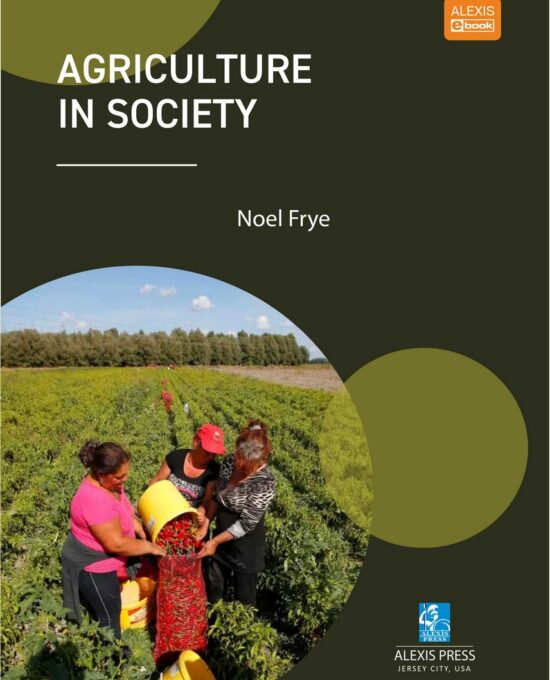
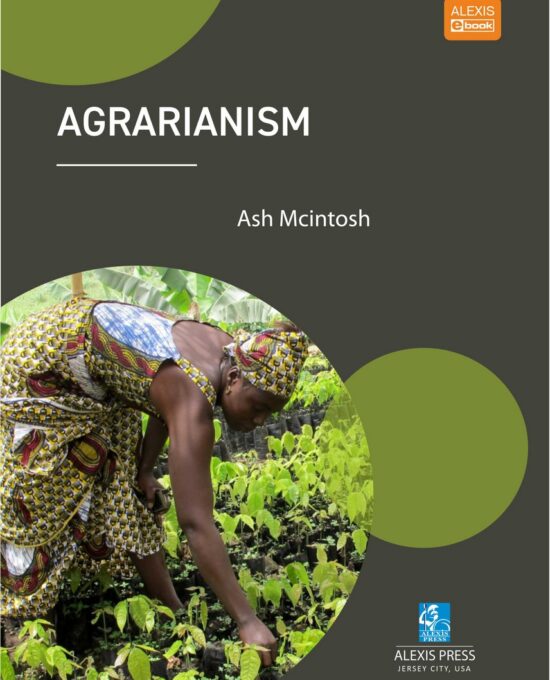
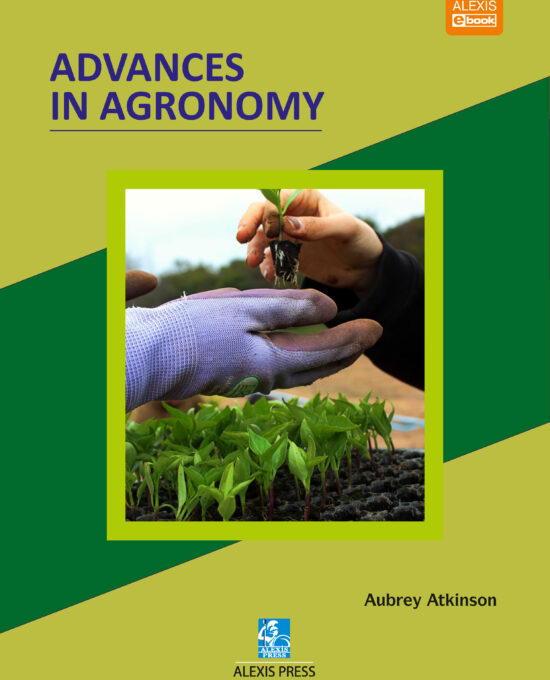
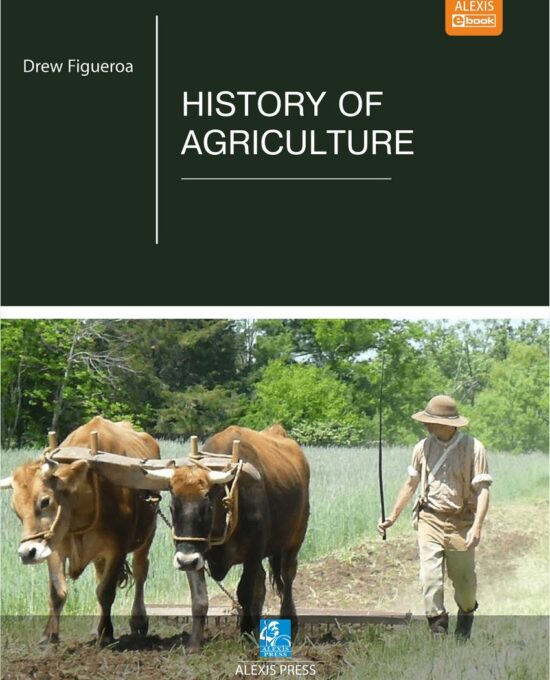
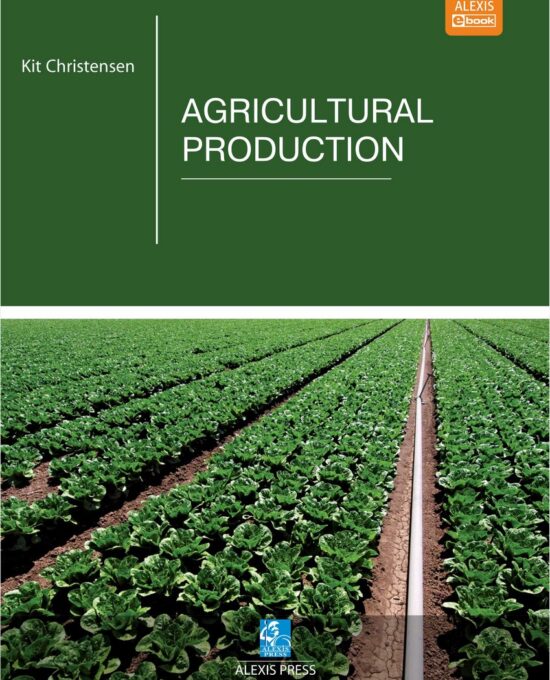
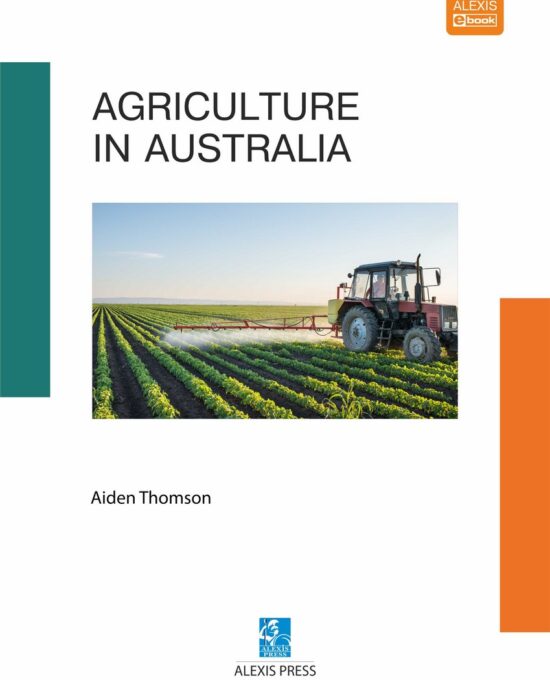
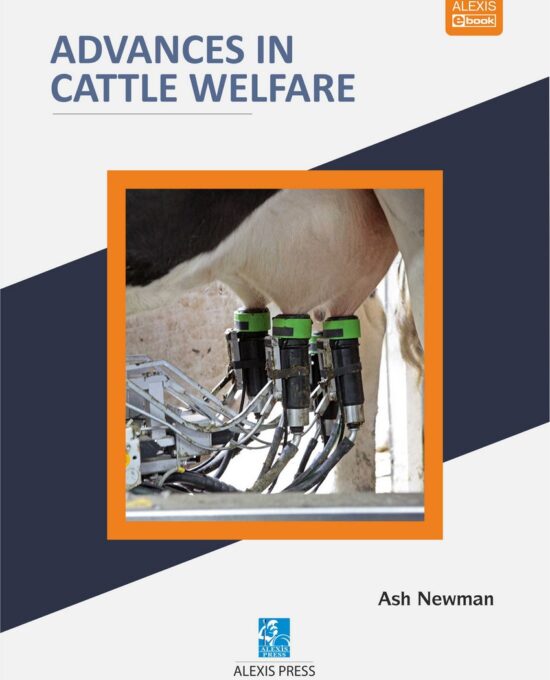
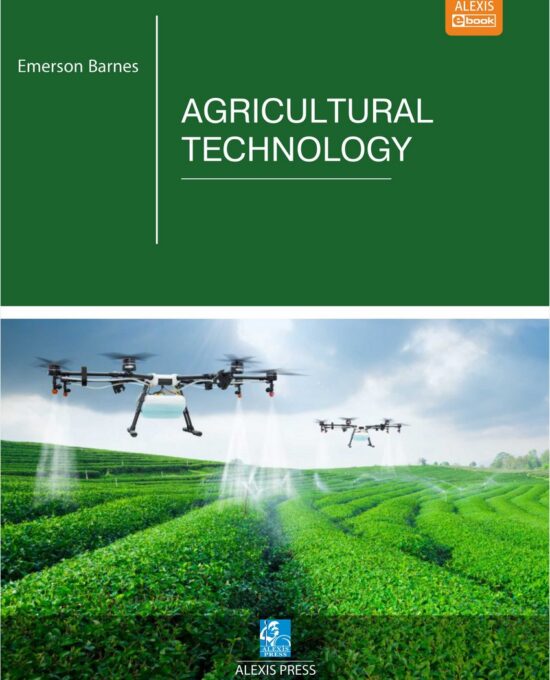
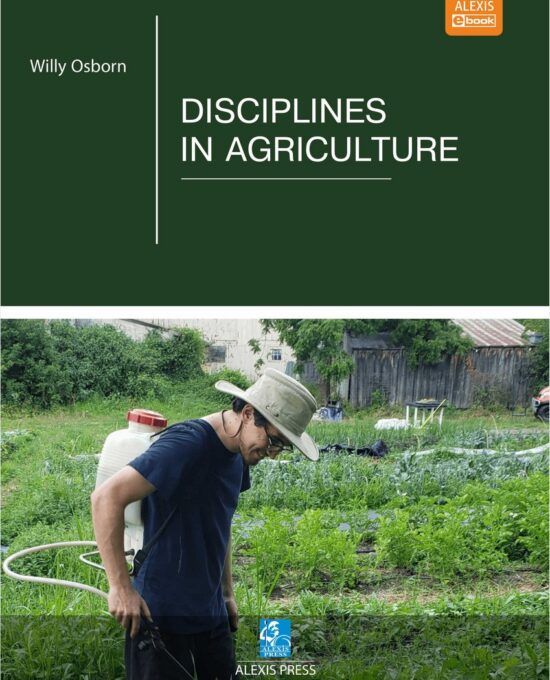
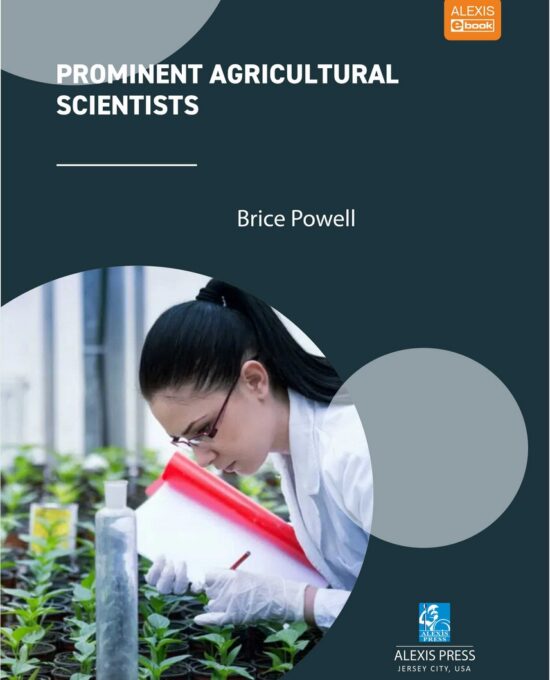
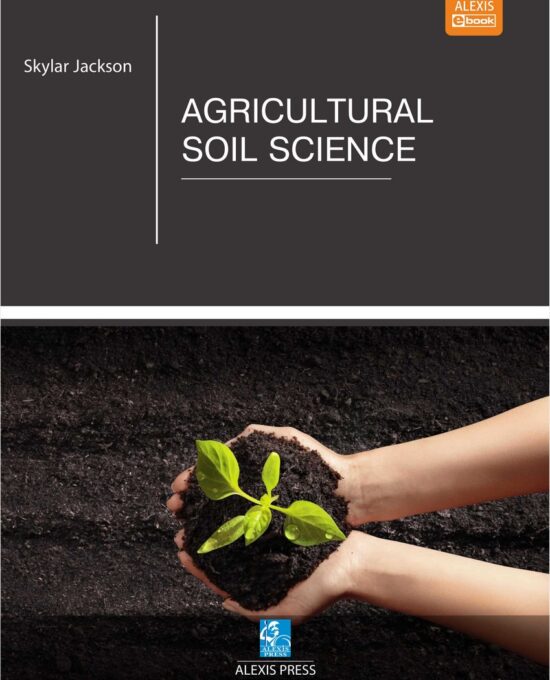
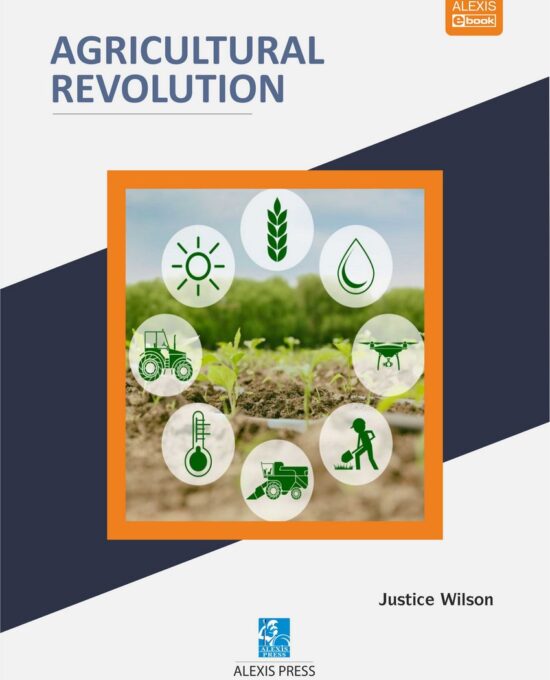
Reviews
There are no reviews yet.